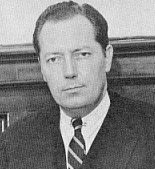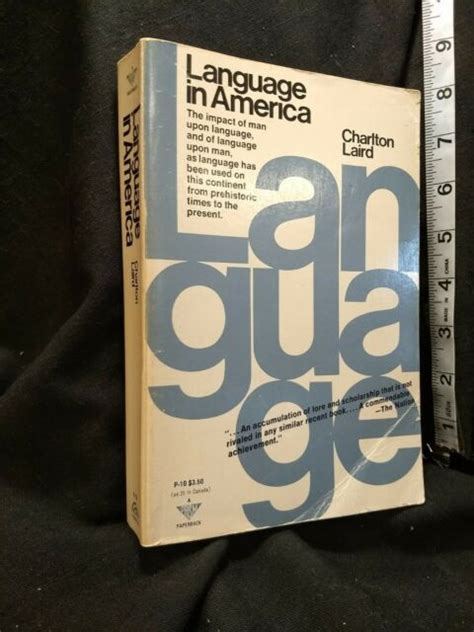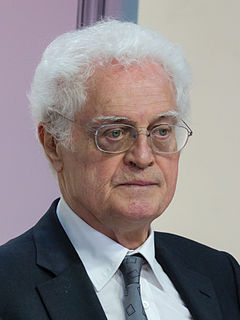A Quote by Frantz Fanon
Mastery of language affords remarkable power.
Quote Topics
Related Quotes
Mastery requires endurance. Mastery, a word we don’t use often, is not the equivalent of what we might consider its cognate—perfectionism—an inhuman aim motivated by a concern with how others view us. Mastery is also not the same as success—an event-based victory based on a peak point, a punctuated moment in time. Mastery is not merely a commitment to a goal, but to a curved-line, constant pursuit.
We live in a world filled with language. Language imparts identity, meaning, and perspective to our human community. Writers are either polluters or part of the clean-up team. Just as the language of power and greed has the potential to destroy us, the language of reason and empathy has the power to save us. Writers can inspire a kinder, fairer, more beautiful world, or invite selfishness, stereotyping, and violence. Writers can unite people or divide them.






































